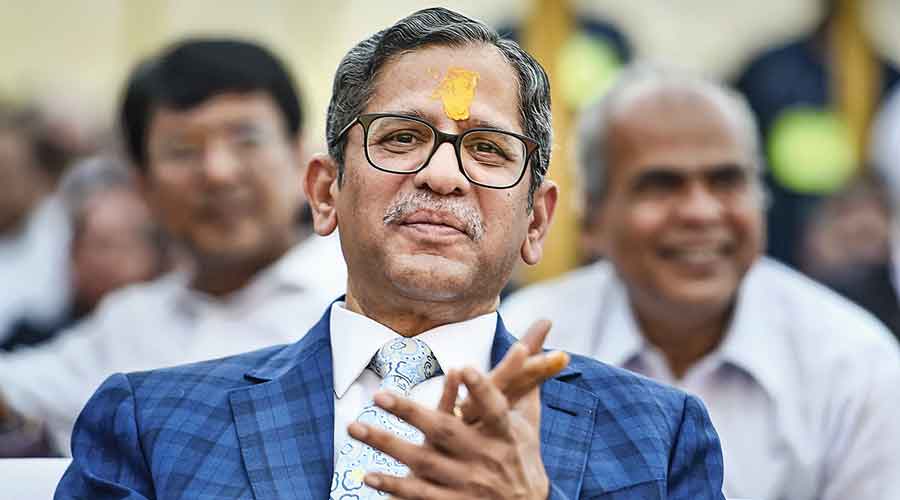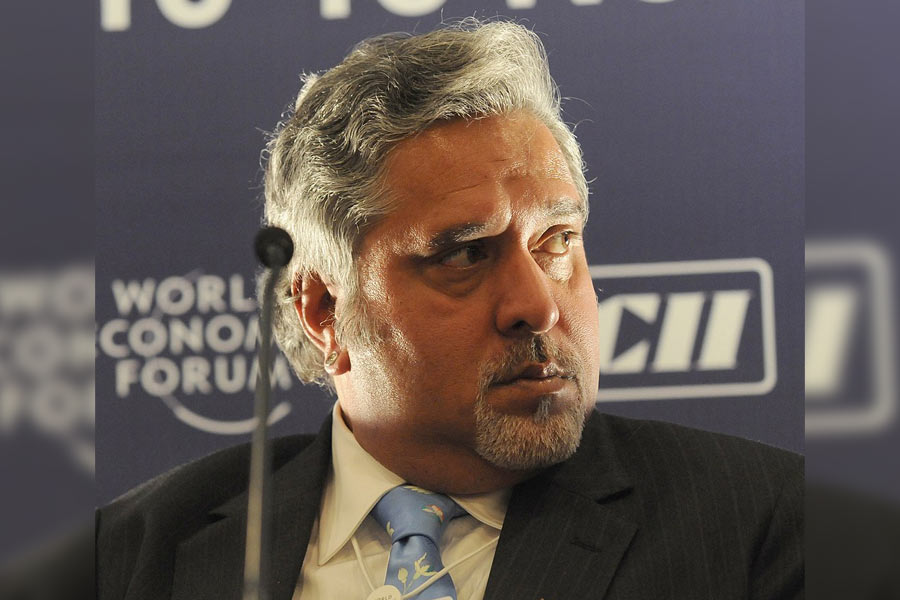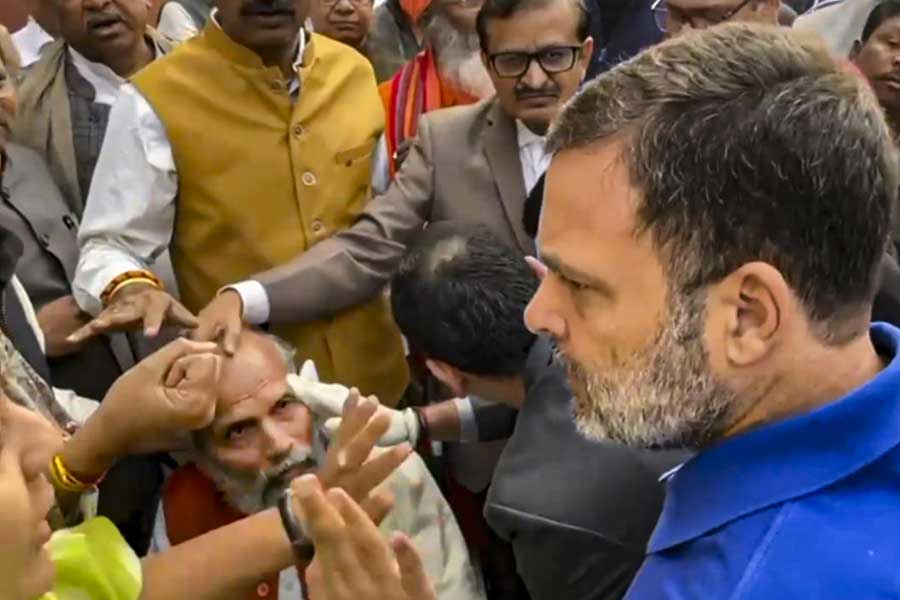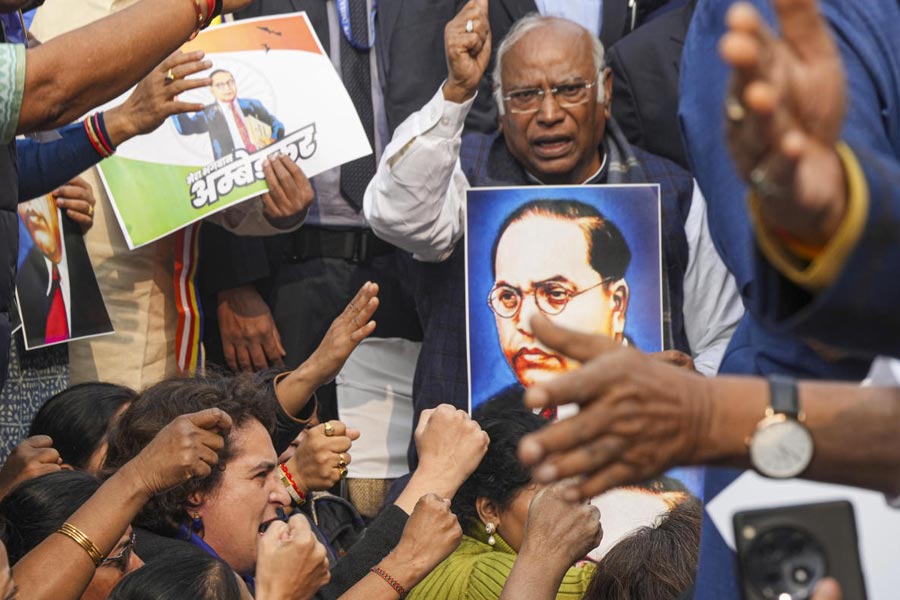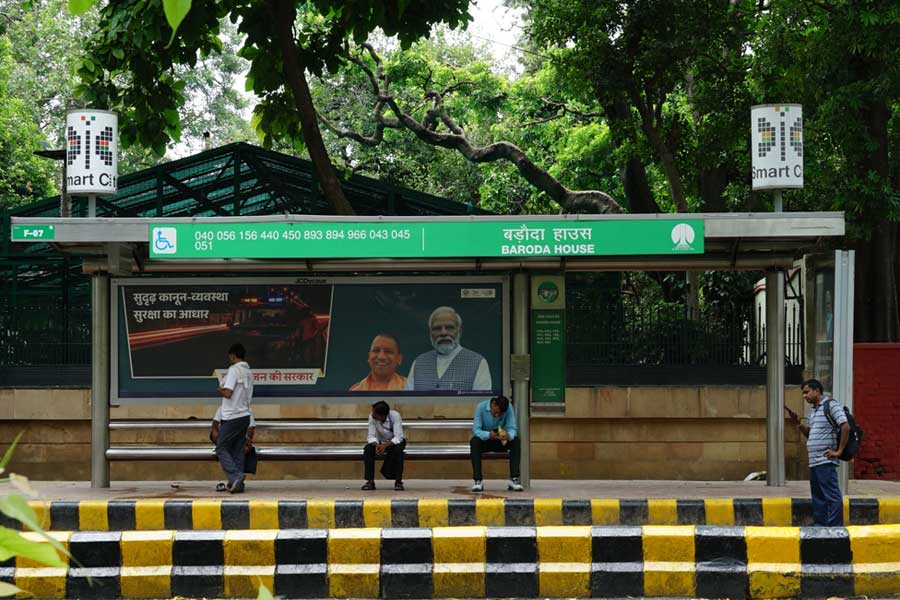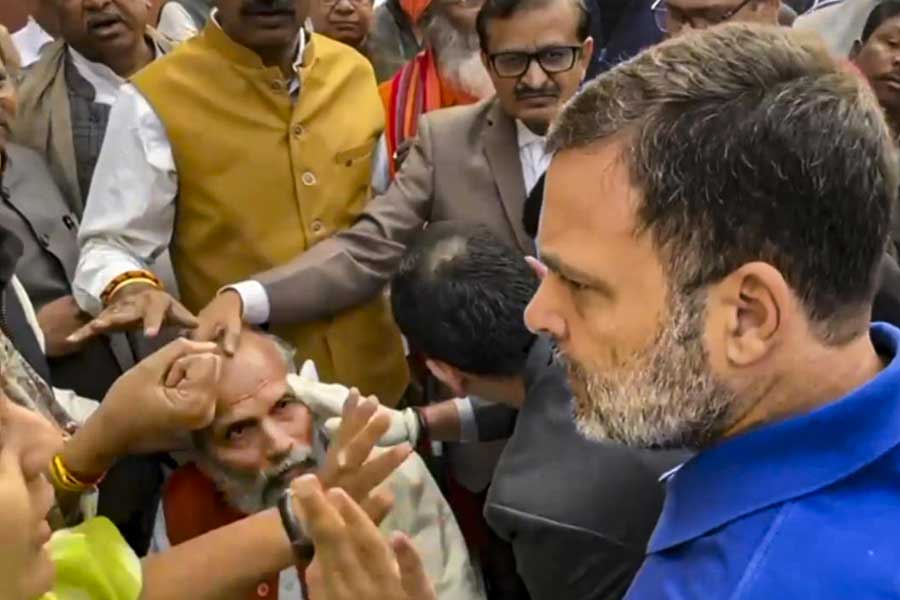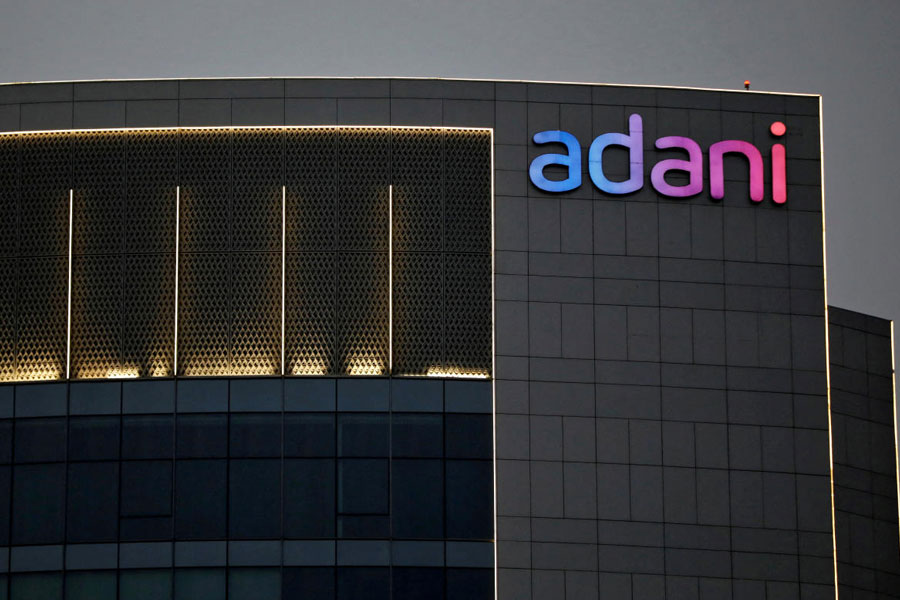Chief Justice of India NV Ramana on Friday said the Central Bureau of Investigation, through its "actions and inactions" have often caused "questions on its credibility", reports ndtv.com.
Justice Ramana was giving the D P Kohli memorial lecture on Friday where the subject was 'Democracy: Role and Responsibilities of Investigative Agencies'. "There is need to have an umbrella autonomous institution to bring agencies like CBI etc under one roof. It is imperative for the organisation to be headed by an autonomous person," he added.
"The image of police is tarnished by allegations of corruption etc... often police officers approach us saying they are being harassed with change in power… The political executives will change with time. You are permanent," Chief Justice Ramana added. And he elaborated that unlike the police, "investigative agencies suffer from not having Constitutional backing."
"The police system gets its legitimacy from Constitution. Unfortunately investigation agencies still don't have benefit of being guided by a law," he said.
Stressing on the other challenges CBI faces, he said there was a lack of infrastructure, manpower, modern equipment, questionable means of procuring evidence, change in priorities with change in political executive and repeated transfer of officers. "These issues often lead to acquittal of guilty and incarceration of innocent. Courts can't monitor every step," he added.
Justice Ramana also presented 35 awards, including President's Police Medals for Distinguished Service, DP Kohli Best Detective Head Constable and Constable Awards and CBI Gold Medals to best Investigating Officers.
Since 2016, the CBI could organise only two D P Kohli memorial lectures, generally an annual affair. One was in 2019 by then CJI Ranjan Gogoi and now on Friday which will be addressed by Justice Ramana.
Organised in memory of CBI founder-director D P Kohli, the lecture could not be held after 2019 because of restrictions imposed due to COVID-19. The lecture was not held in 2017 and 2018 also.
Meanwhile, the government has not received any proposal after June 2019 to increase the number of judges of the Supreme Court, Lok Sabha was informed on Friday.
Responding to a question on the sanctioned strength of the apex court, Law Minister Kiren Rijiju said at present it stands at 34 (including the chief justice of India). The working strength of the top court is 32, leaving two vacancies to be filled.
He explained that The Supreme Court (Number of Judges) Act 1956, as originally enacted, provided for the maximum number of judges (excluding the chief justice of India) to be 10. This number was increased to 13 by the Supreme Court (Number of Judges), Amendment Act, 1960, and to 17 by another amendment to the law.
The Supreme Court (Number of Judges) Amendment Act, 1986 augmented the strength of the Supreme Court judges from 17 to 25, excluding the CJI. Subsequently, a fresh amendment in 2009 further augmented the strength of top court judges from 25 to 30.
"The Chief Justice of India vide letter dated June 21, 2019 requested the government to consider augmenting the judge-strength in the Supreme Court appropriately. Though there has been no criteria for fixing the judge strength of the Supreme Court, in view of the number of cases pending disposal, an increase in the judge strength was considered by government.
"The sanctioned strength of Supreme Court of India has been increased from 30 to 33 (excluding the Chief Justice of India) with effect from August 9, 2019. Thereafter, the Government has not received any further proposal for increase in the strength of Supreme Court judges," he said in a written response.
Responding to a separate question on high court judges, he said against the sanctioned strength of 1104, 717 judges are working in the 25 high courts, leaving 387 vacancies.
"At present, 168 proposals are at various stages of processing between the government and the Supreme Court Collegium. Further, recommendations from High Court Collegiums are yet to be received in respect of 219 vacancies in high courts," he said.
With inputs from PTI

